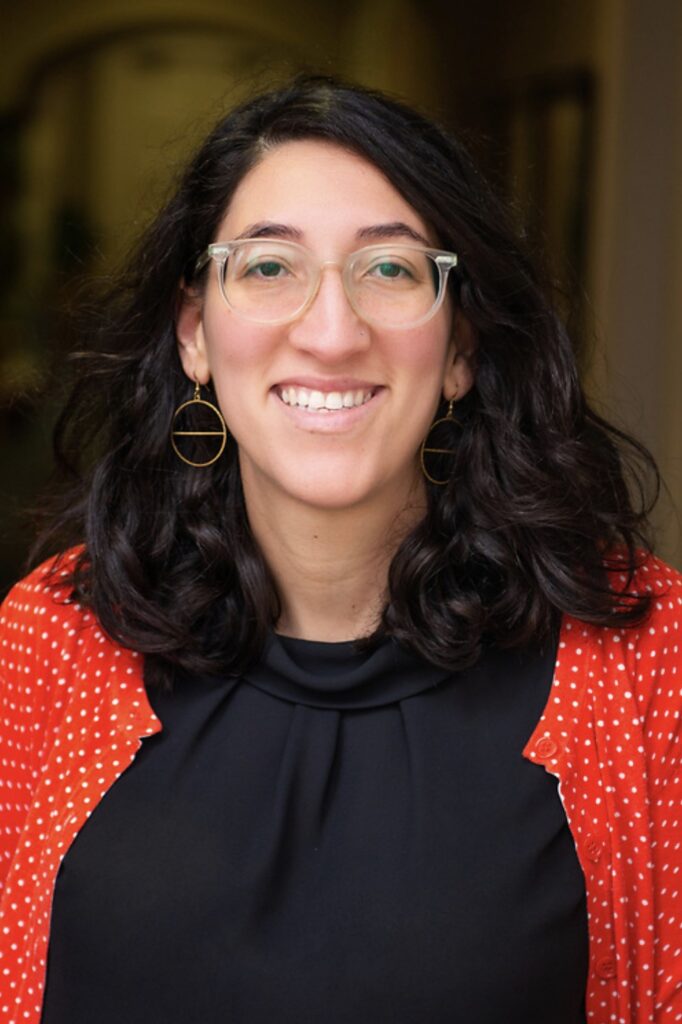March is Women’s History Month, a yearly celebration of women’s contributions and accomplishments throughout the United States. Originally started as “Women’s History Week,” the national monthly observance was enacted into law in 1987 by President Ronald Reagan.
Marquette University was the first Catholic university in the world to educate women alongside men. In 1909, Marquette President Father James McCabe, S.J., began to permit women to enroll in Bachelor of Arts classes at a new summer school. Despite initial pushback, his bold action paved the way for gender equity at Marquette.
This year’s Women’s History Month theme is “Women Who Advocate for Equity, Diversity and Inclusion,” acknowledging that gender equality requires that we eliminate all forms of bias and discrimination from our institutions.
In honor of Women’s History Month, Marquette Today is featuring several outstanding women who are creating their own history by advocating for diversity, equity and inclusion among the Marquette community and beyond.
Meet Sarah Piñón, director of the Office of Inclusion and Belonging

Sarah Piñón is creating a legacy at Marquette by creating a safe space on campus to help underrepresented students feel a sense of belonging.
“I utilize my voice, my resources, my abilities throughout campus to speak up to make sure students of color, LGBTQ+ students, first-generation students and others are in the conversation,” says the director of the Office of Inclusion and Belonging.
As she reflects on what Women’s History Month means to her, she credits her mother for showing her why advocating for inclusion is imperative for progress and for challenging herself to always strive to do better.
“Whether they did it formally or informally, people throughout my life have shown me that I do not have to feel like an imposter at work and in life,” Piñón says. “It’s been a lesson letting me know that I’m capable of great things.”
During her time at Marquette, Piñón honors diversity, equity and inclusion through her daily actions. And although Piñón admits more progress needs to be made, she’s hopeful for the future.
“To me, diversity, equity and inclusion means seeking to understand the different lived experiences of others and having a responsibility to do the learning and unlearning to create a more just world.”


